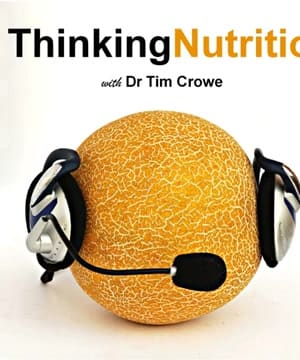Can food be an addiction?
Sources:
Food addiction is a subject of debate among experts. Here's a summary of differing views:
-
Physiological Needs vs. Addiction: argues that essential needs like hunger differ from addiction. He distinguishes between natural cravings for survival and the compulsive need for certain foods, suggesting that labeling food as an addiction lacks clinical consensus and isn't in the DSM-5, a key manual for mental disorders 1.
-
Substance Use Disorder Criteria: supports the idea that food, specifically ultra-processed foods, can be addictive. He points out that these foods can meet the criteria for addiction, such as continued use despite the desire to stop, increased consumption, and use despite harm 2.
-
Neuroscientific Evidence: emphasizes that food addiction is real and can be compared to other addictions like heroin or cocaine. Brain scans of those addicted to food show similar patterns to those addicted to drugs 3. However, she also discusses the overlap between food addiction and eating disorders, noting that around half of those with an eating disorder may also struggle with food addiction 4.
-
Processed Foods: Other discussions, like those by and , focus on specific types of foods, such as refined carbohydrates, that may trigger addictive behaviors in vulnerable individuals. They highlight a spectrum of food addiction, with varying degrees of susceptibility among different people 5.
Overall, while not all experts agree on the classification of food addiction, many acknowledge its potential impact, especially regarding ultra-processed foods and their ability to trigger compulsive consumption patterns.
RELATED QUESTIONS-


